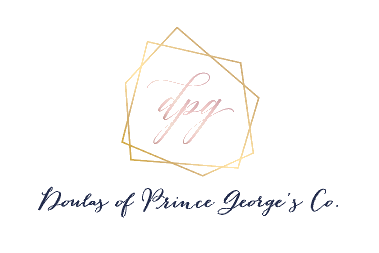Donor Milk for Babies
Breastfeeding with a mothers’ own milk. Donated breast milk. Formula. The World Health Organization says that when a mother’s own milk isn’t available that milk from another mother should be the next choice.
There are a list of reasons that a parent may not be able to feed breastmilk to their baby or babies. Adoption, breast surgery, chemo, Illness, IGT (insufficient glandular tissue), NICU separation, surrogacy, and prematurity are just some of the reasons people may use donor milk.
Formula is an acceptable substitute for human milk and parents may choose formula for many reasons. This article is not written to shame anyone for choosing formula. The purpose is to provide information on why, how and where to find donated breast milk so that it can be an option for those who desire.
Why choose donated breast milk?
Physical health for the baby. The reason that human milk ranks the top two foods for a human baby is because it’s the perfect food for babies. The health benefits are too numerous to fully list here. For an extensive list of health benefits for baby check out: Breastmilk Counts
Mental health for mother. A study which looked at the mental health of recipients of peer-to-peer milk sharing found that donor milk provided relief and comfort and its use reduced mothers' self-reported symptoms of postpartum depression and anxiety.
Medical need. Some babies have an intolerance causing irritation in the digestive system, or an allergy to a protein in formula. Significant improvement of symptoms can occur when the baby is fed breast milk.
How and where to find donor milk? There are two ways to find donor milk.
Peer-to-peer sharing- There are groups such as Human Milk for Human Babies (your state/ country) and Eats On Feets, on Facebook where people with milk to donate or recipients with a need can connect. Moms groups/ Parents groups is another place to connect with milk donors. Within the peer-to-peer sharing networks the milk is always donated for free but recipients may reimburse for supplies such as storage bags and replacement pump parts.
Milk Banks- People with milk to donate may choose to give to a milk bank. If your hospital is connected to a milk bank then patients at that hospital can give milk to sick or in need babies and insurance will cover it. Currently the military insurance, Tricare, covers donor milk. Purchasing milk from a milk bank can be cost prohibitive for many families as it can range between $2.50-$5 an ounce. Just to give some perspective the average infant consumes 24-30 ounces a day.
What else to consider?
With peer -to-peer sharing it’s not recommended that people buy milk from someone they meet online because of the chance that it may not be actual breastmilk. When people are getting paid for a product there is the incentive to water it down to have a greater quantity or even another liquid like formula. Also with peer-to-peer sharing the responsibility to make sure the donor milk is healthy and safe is on the recipient. A recipient may ask for prenatal medical records to be sure the donor does not have any STDs or other communicable diseases which could pass through milk. Further, the recipient may ask the donor to disclose any medication she is on, consumption of alcohol, caffeine, and her diet. With milk from a milk bank the donor is screened for all of these things.
It’s worth mentioning that the AAP (American Academy of Pediatrics) do not support peer to peer breast milk sharing for the chance that babies could get sick. However, they do recommend that very preterm infants especially receive human milk – ideally from their mother, but in the absence of her milk, from donor milk.
For more resources on donor milk check out:
Find a milk bank- Human Milk Banking Association of North America
How to safely donate and receive donated breast milk
Breastfeeding Center for Greater Washington- milk sharing


